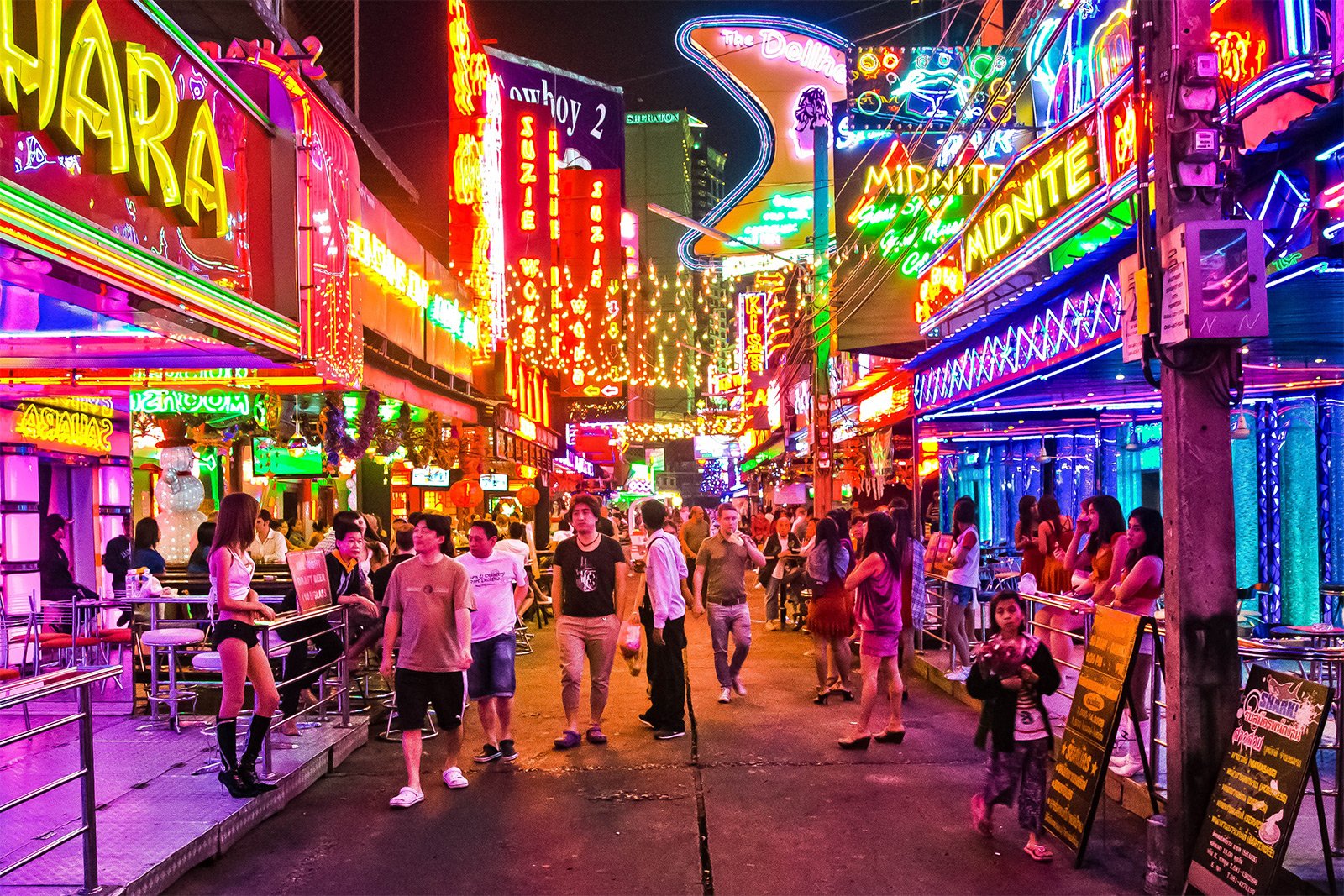Thailand’s alcohol law reform is moving forward under Prime Minister Anutin Charnvirakul. The plan would end alcohol zoning, extend pub hours to 4 a.m., and lift the afternoon sales ban by January 2026. The government expects the move to attract more tourists and increase tax revenue.

Government Push for Thailand Alcohol Law Reform
During a Cabinet meeting on October 21, Anutin instructed the Ministry of Interior and the Ministry of Public Health to study how to remove alcohol zoning and adjust operating hours. The current rules prohibit alcohol sales from 2 p.m. to 5 p.m. and require nightlife venues to close at 2 a.m. The government expects to complete the Thailand alcohol law reform before the current Parliament ends, anticipating higher tax income.
If approved, the changes would take effect through a ministerial regulation issued by the Ministry of Interior, allowing for quicker implementation.
Modernizing Thailand’s Alcohol System
The proposed reform responds to criticism that existing zoning benefits only a small number of registered operators. The plan would allow all alcohol vendors to register directly with the Ministry of Interior, simplifying procedures and reducing inequality among businesses.
A joint review between the Interior and Public Health ministries will also assess how longer business hours could support tourism and local economies. Tourism plays a major role in Thailand’s economy, accounting for about 20 percent of GDP before the pandemic.
Current Rules and Pilot Areas
The 2023 ministerial regulation already permits extended hours until 4 a.m. in select tourist zones, including Bangkok, Phuket, Chon Buri, Chiang Mai, and Ko Samui. In Bangkok, this applies to specific areas such as Silom, Patpong, RCA, Phetchaburi Road, and Ratchadaphisek, as well as licensed hotel venues.
Bangkok currently has 207 licensed entertainment venues across 33 districts, including 73 in official zones, 8 in hotels, and 134 outside designated areas.
The Thailand alcohol law reform represents one of the country’s most significant policy shifts in decades for nightlife and alcohol sales. The government views it as a step toward modernizing tourism policy, promoting fair competition, and increasing state revenue.





